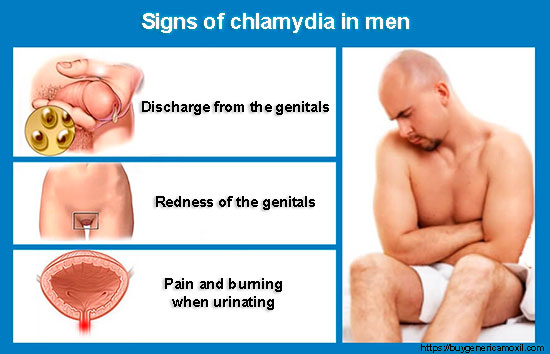Sexually transmitted infections are so-called sociopathies, i.e. diseases that have not only medical, but also social significance. Therefore, the requirements for antibiotics (for example, amoxil) used for their treatment are quite high. First, failures in the treatment of common socially dangerous diseases are unacceptable; second, treatment should be effective regardless of where it is carried out (in a Central or peripheral medical institution). Who has developed special recommendations that should be met by drugs used to treat these infections:
- efficiency of at least 95%;
- affordable price;
- good tolerance and low toxicity;
- the possibility of single use;
- oral administration;
- possibility of use during pregnancy;
- slow development of resistance of microorganisms to the means of therapy.
Effectiveness is the most important criterion for selecting treatment regimens. Schemes with a cure guarantee of less than 95% should be used with caution, since such treatment promotes the selection of resistant strains and, thus, reduces the effectiveness of treatment of subsequent patients. The use of treatment regimens that are less than 85% effective is unacceptable.
The second most important issue in the treatment of sexually transmitted infections is the issue of safety, which depends on the degree of toxicity of the drugs used. The contingent of patients with these infections is often susceptible to infection with not one, but several pathogens, which requires the use of several drugs. Infection can also occur during pregnancy, which makes it necessary to pay special attention to the safety of the fetus.
Principles of treatment of sexually transmitted infections
In relation to these infections, there are basic and alternative treatment regimens.
The main drugs provide the best balance between the necessary effectiveness of treatment and the proven safety of the use of drugs.
Alternative medications provide acceptable treatment results if the recommended regimens cannot be used due to special circumstances: pregnancy, individual drug intolerance, lactation, concomitant diseases, etc.

Specific types of treatment for sexually transmitted infections include preventive and preventive treatment. Preventive treatment is provided to people who have had sexual or close domestic contact with patients with early forms of syphilis or gonorrhea, if no more than 2 months have passed since contact with a patient with syphilis, and gonorrhea – no more than 14 days. Preventive treatment is very important to further prevent the spread of infection. To clarify and clarify the entire circle of people who were in contact with the patient, it is necessary to keep in mind that all types of sexual relations can lead to infection.